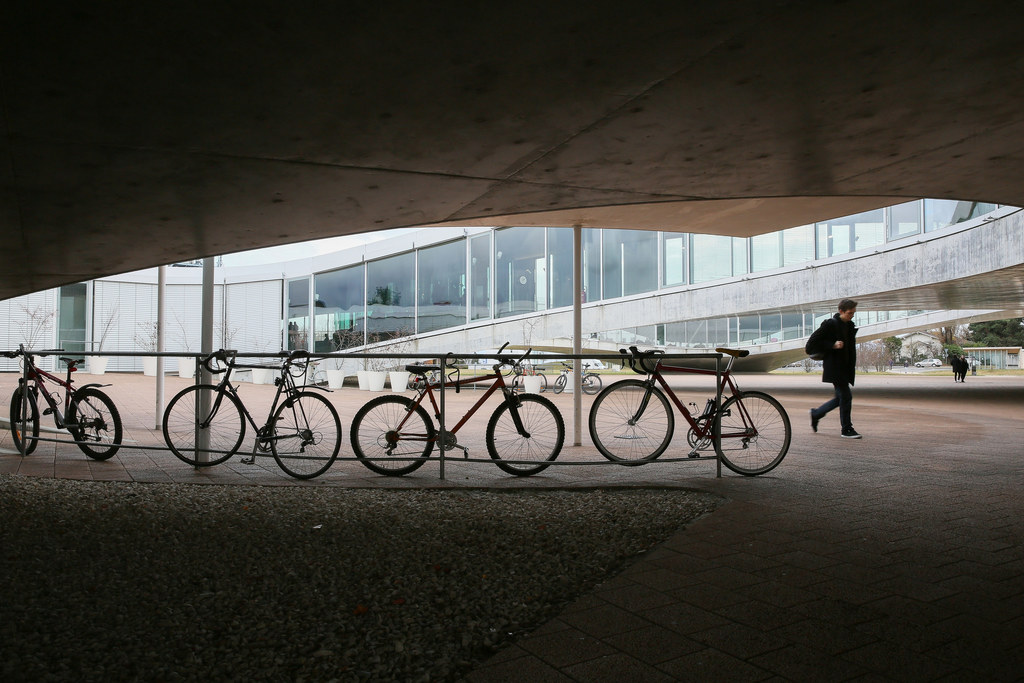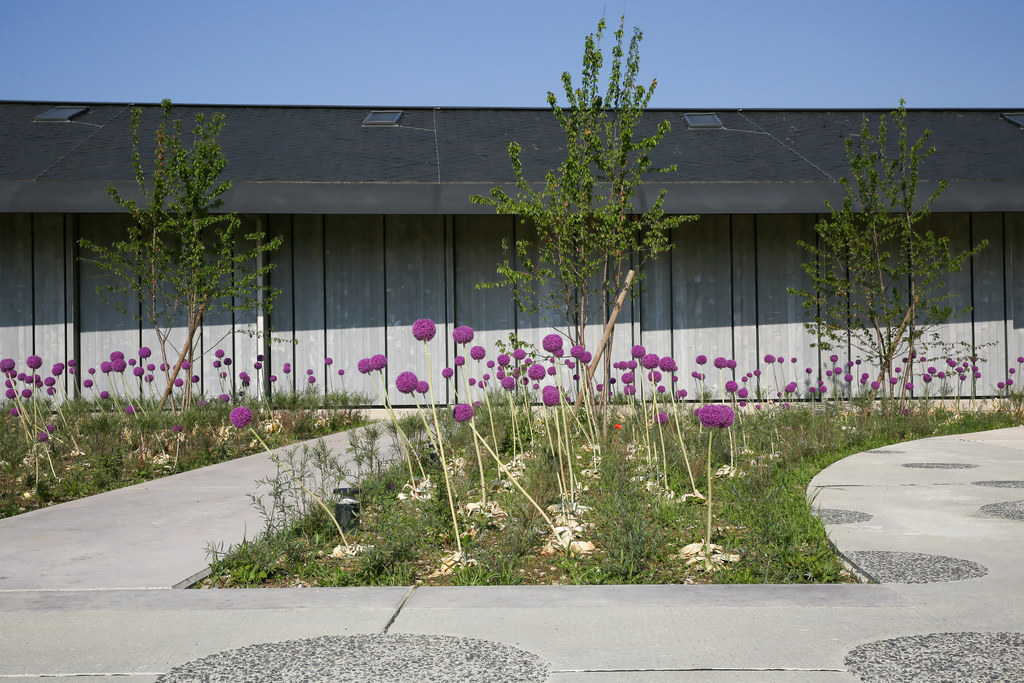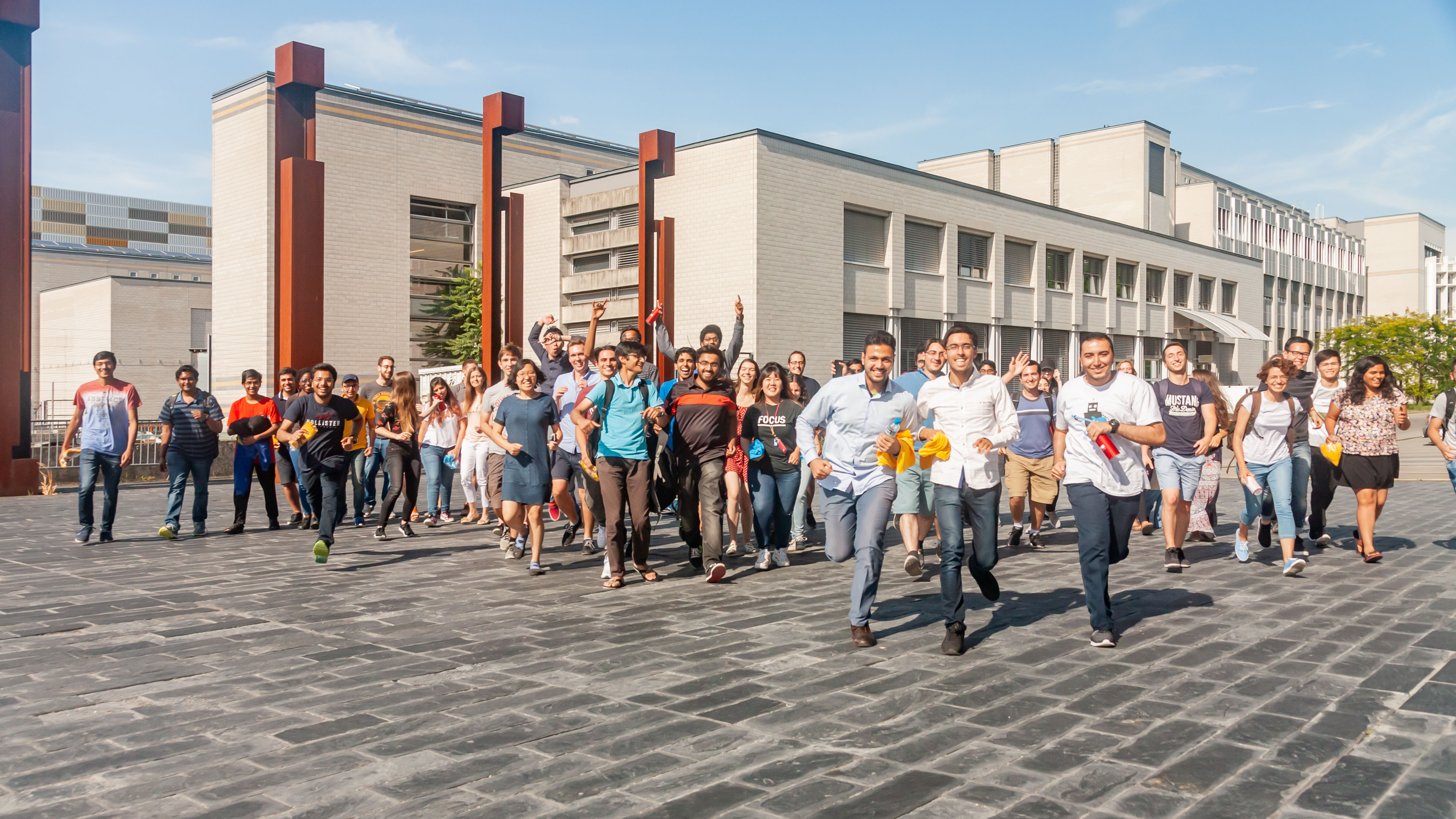On the form, shall I quote my Bachelor or my Master institution? And which GPA?
When you apply on the web, complete the form with the details of your current
institution and programme (Master or Bachelor) when completing the fields "Current programme", " Current
Institution", "Current Cumulative GPA", etc. If you have no Master GPA yet, write NA under "Current Cumulative
GPA". Additionally, if you are currently enrolled in a Master programme, use the fields "Previous programme",
"Previous institution", "Previous GPA", etc. to include your Bachelor data. In any case,
upload all available transcripts, including Bachelor's if you are currently in a Master
programme.
.jpg)
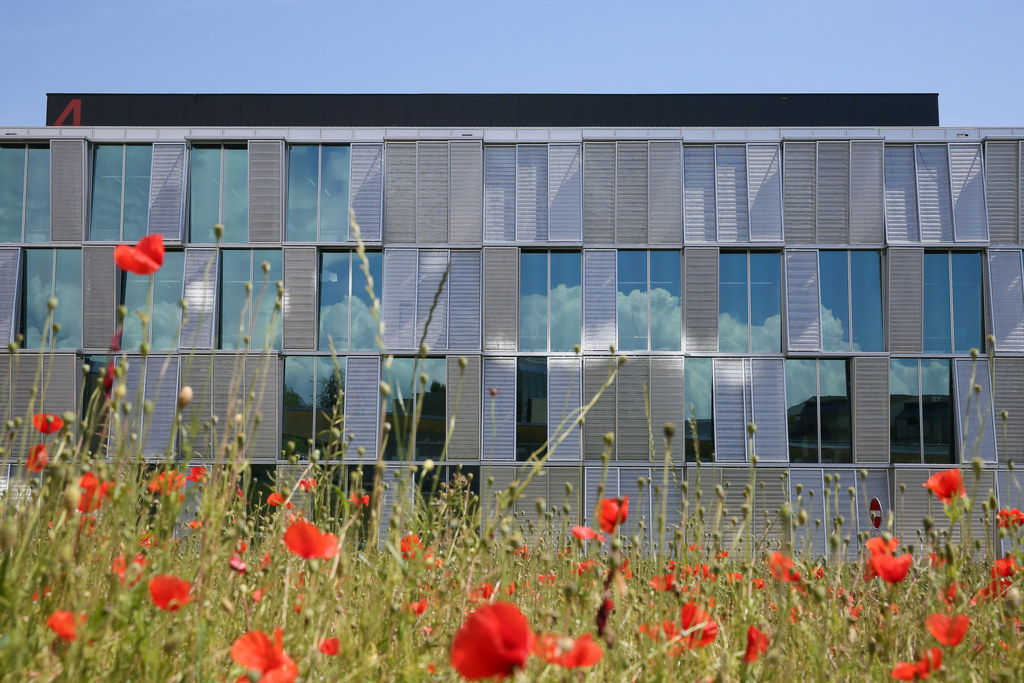
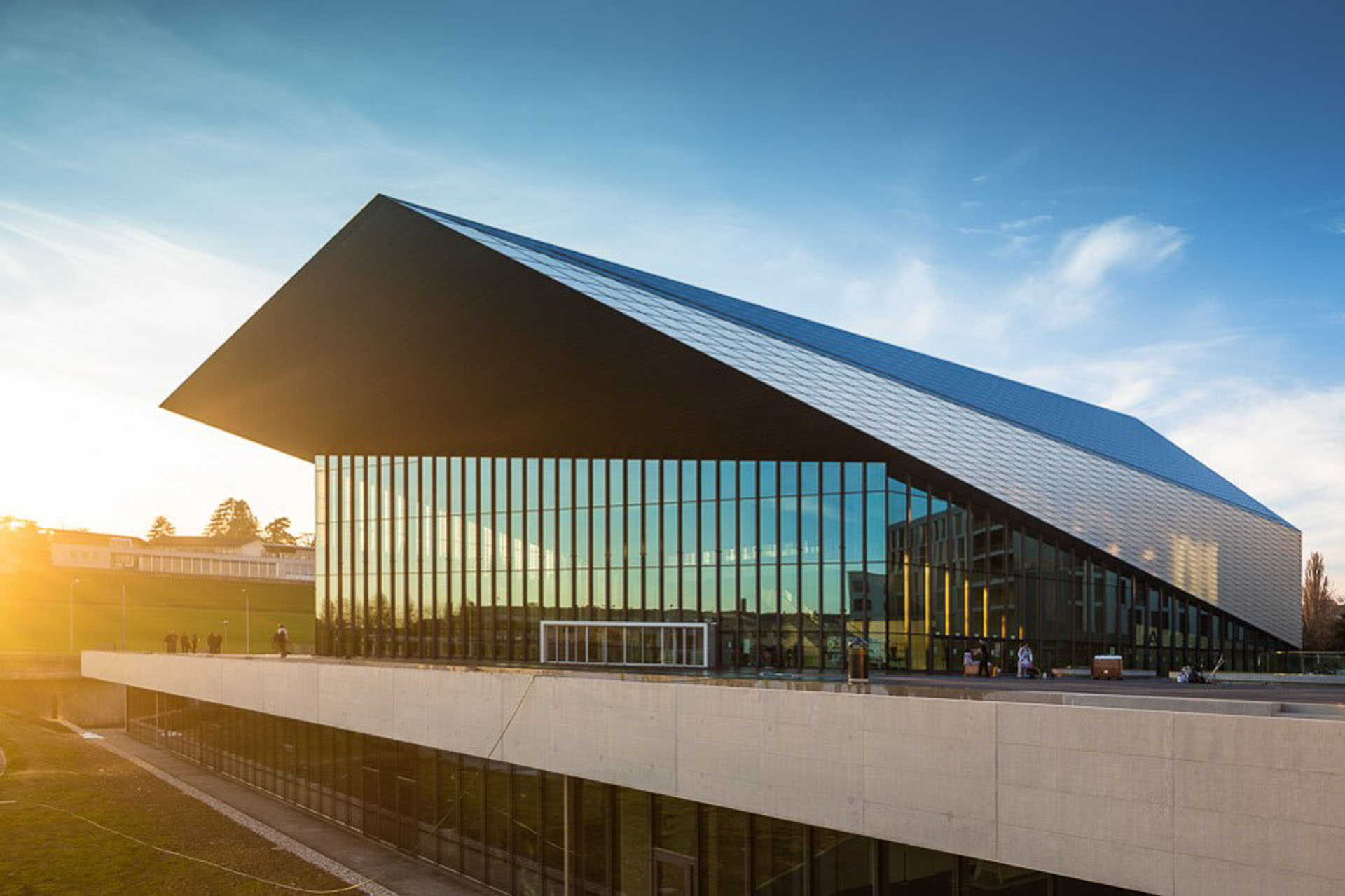
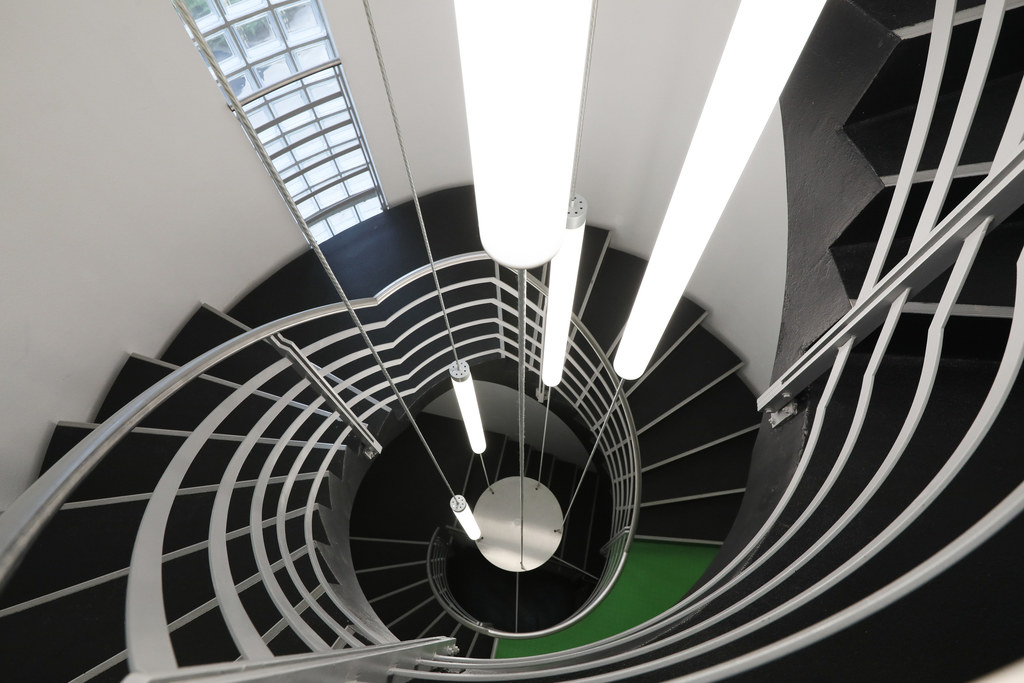
.jpg)
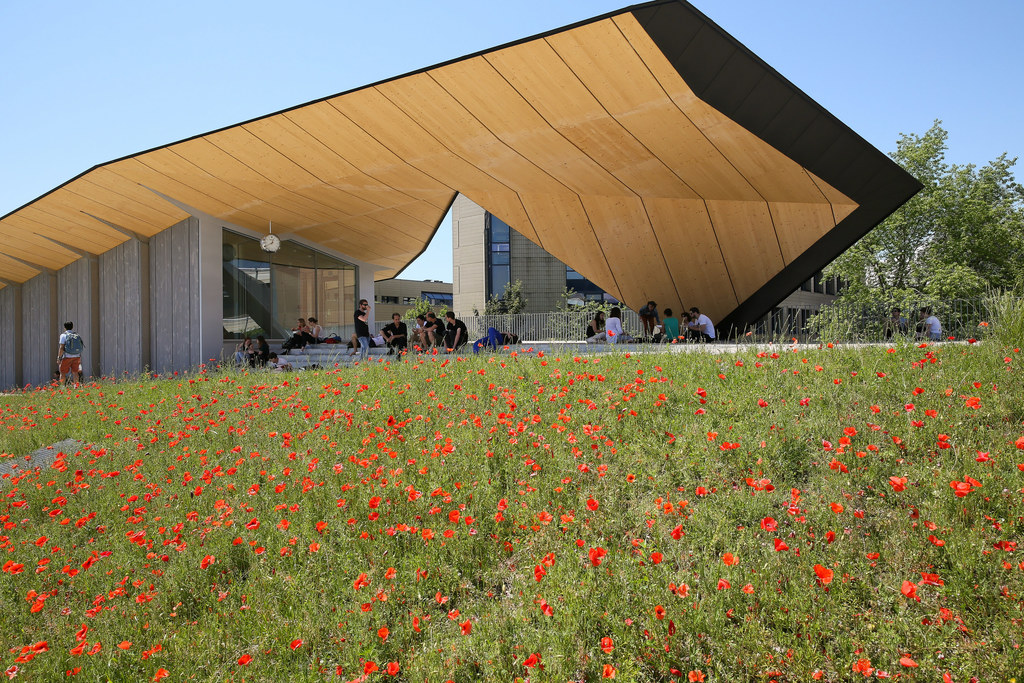
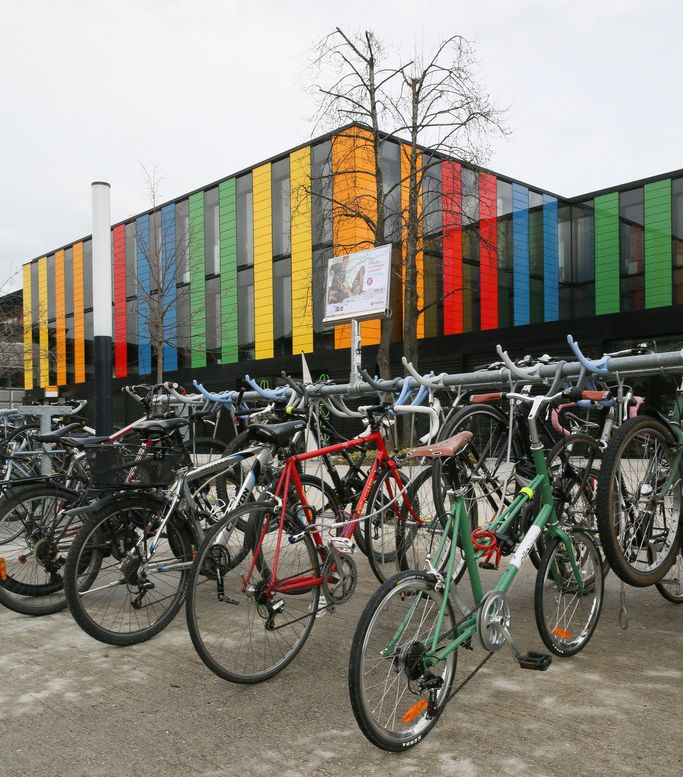
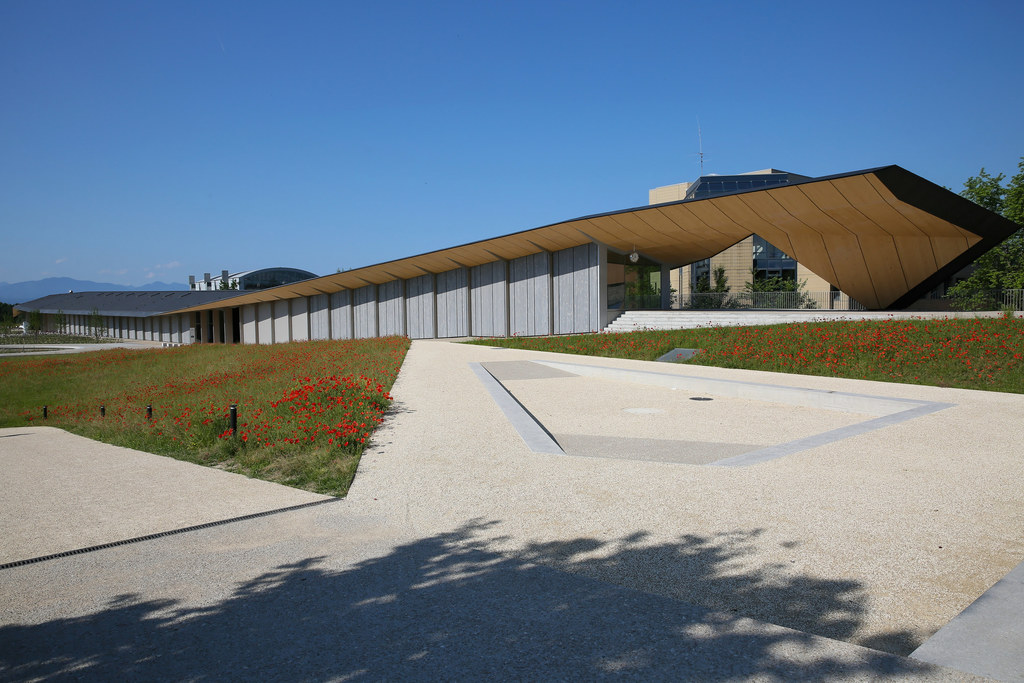
.jpg)
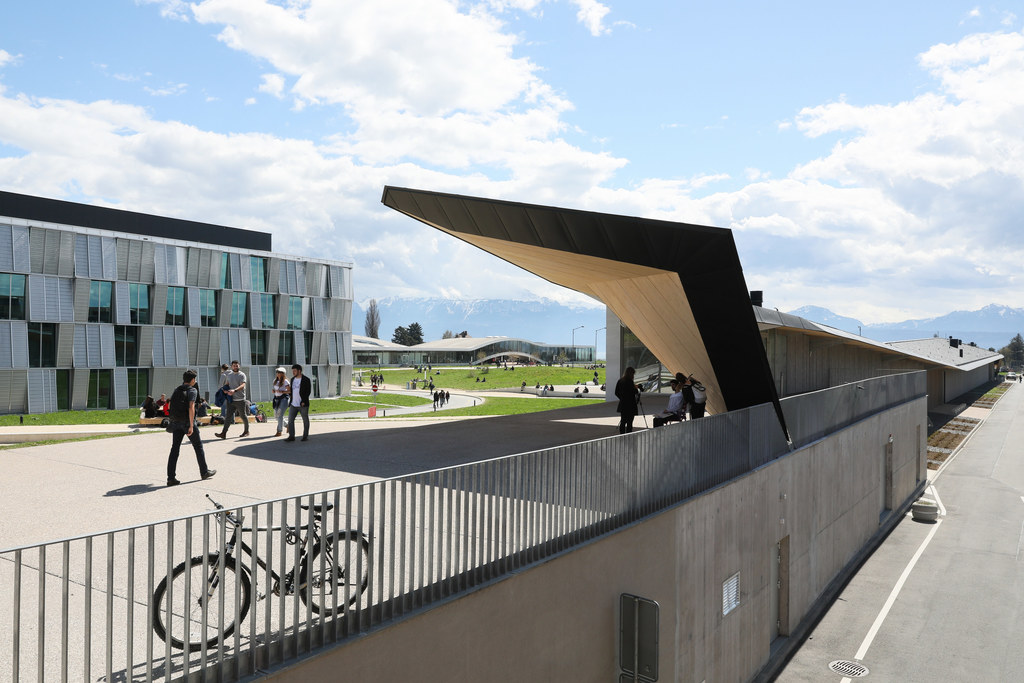
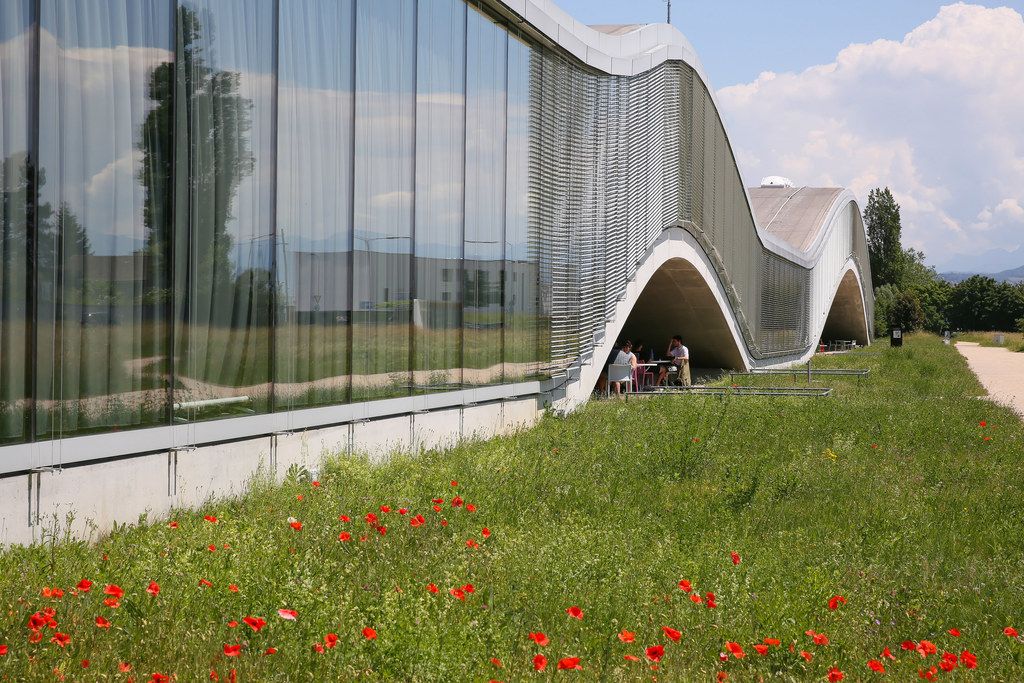
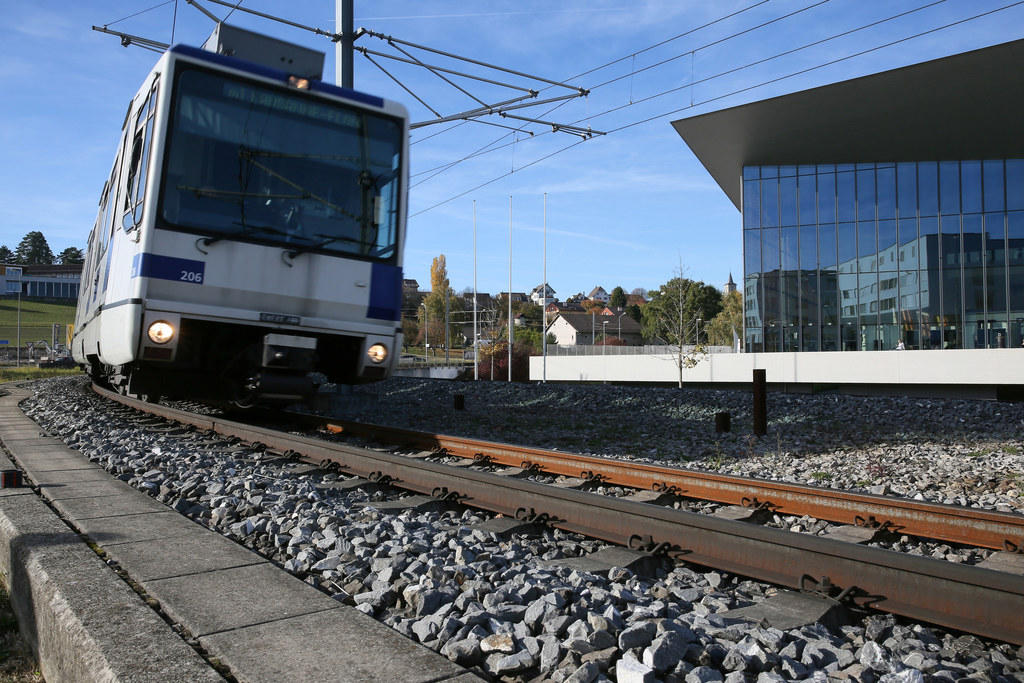
.jpg)
.jpeg)
